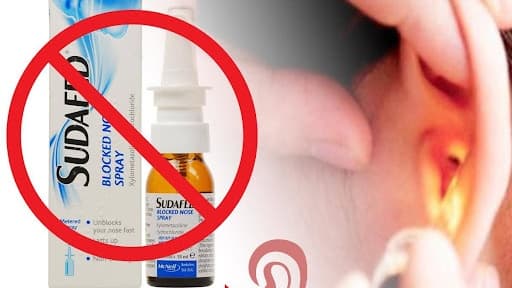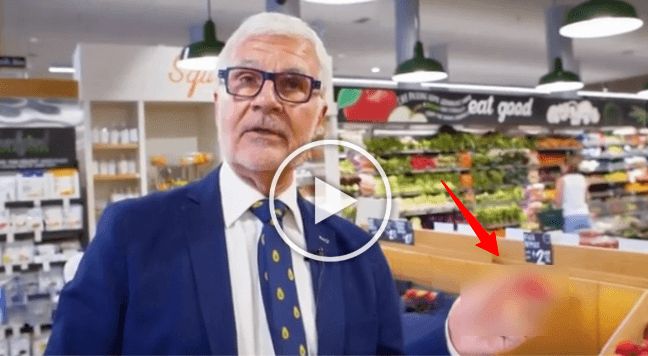Barbara O'Neill Reveals 5 SHOCKING TRUTHS About Cholesterol You Need to Know
Cholesterol plays a critical role in maintaining various bodily functions, contrary to its negative portrayal over the years. It's a vital lipid naturally produced by the liver, essential for constructing cell membranes, producing hormones, and aiding in digestion. Without it, your body would struggle to function optimally.
Cholesterol is crucial for the production of sex hormones, such as estrogen, progesterone, and testosterone. Beyond these hormones, it also plays a role in producing vitamin D and bile acids, both important for digestion and overall health.
Interestingly, people with higher cholesterol levels often have fewer instances of Alzheimer’s disease. Barbara O’Neal, a natural health advocate, argues that the brain's preference for fats makes cholesterol indispensable for optimal brain functioning, highlighting its cognitive benefits.
Conventional wisdom often suggests minimizing dietary cholesterol, yet Barbara emphasizes considering refined carbohydrates, like bread, as the main dietary issue rather than natural fats like butter. Organic fats provide more energy per gram and don’t harm cholesterol as many think. Maintaining a balance is all about making informed dietary choices.
"It’s not the butter on the bread; it’s the bread under the butter that’s the problem." – Barbara O'Neal
Statins and other cholesterol-lowering medications, while prevalent, come with side effects, such as memory loss and muscle pain. O'Neal suggests a case illustrating these risks influencing reconsideration of these medications for many individuals. Opt for lifestyle changes focused on reducing sugar and processed carbohydrates while embracing healthy fats.
Future health specifics should integrate stress management and regular exercise as critical components. Practices such as deep breathing and spending time in nature can aid stress reduction. Highlighting previous findings showing the advantageous effects on increasing "good" HDL through simple activities further underscores lifestyle adjustments' power over dependency on medications.
Health should be viewed as a broad spectrum encompassing diet, exercise, and mental well-being, rather than simply focusing on reducing cholesterol numbers with drugs. Consuming whole foods and managing stress each significantly contribute to a balanced and healthier life. By understanding and respecting cholesterol's roles, informed decisions can enhance overall quality of life and heart wellness.
From Around The Web
Wellness Inbox is a blog & weekly newsletter that curates trending news and products related to health and wellness from around the web. We also gather content from various sources, including leading health professionals, and deliver it directly to you.
Please note that we may receive compensation if you purchase any products featured in our newsletter. Wellness Inbox is not affiliated with, nor does it endorse, any health professionals whose content may appear in our newsletter. The information provided is for general informational purposes only and should not be considered medical advice.
The information provided is not intended to replace professional medical advice, diagnosis, or treatment. All content, including text, graphics, images, and information available is for general informational purposes only. We do not guarantee the accuracy or completeness of any information presented and assume no liability for any errors or omissions. The content is subject to change without notice. We encourage you to verify any information with other reliable sources and consult your physician regarding any medical conditions or treatments.







